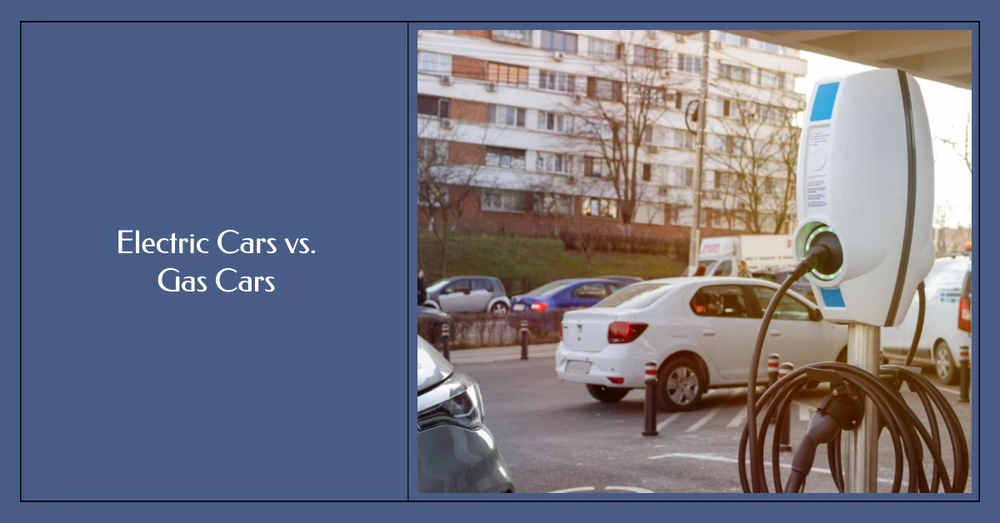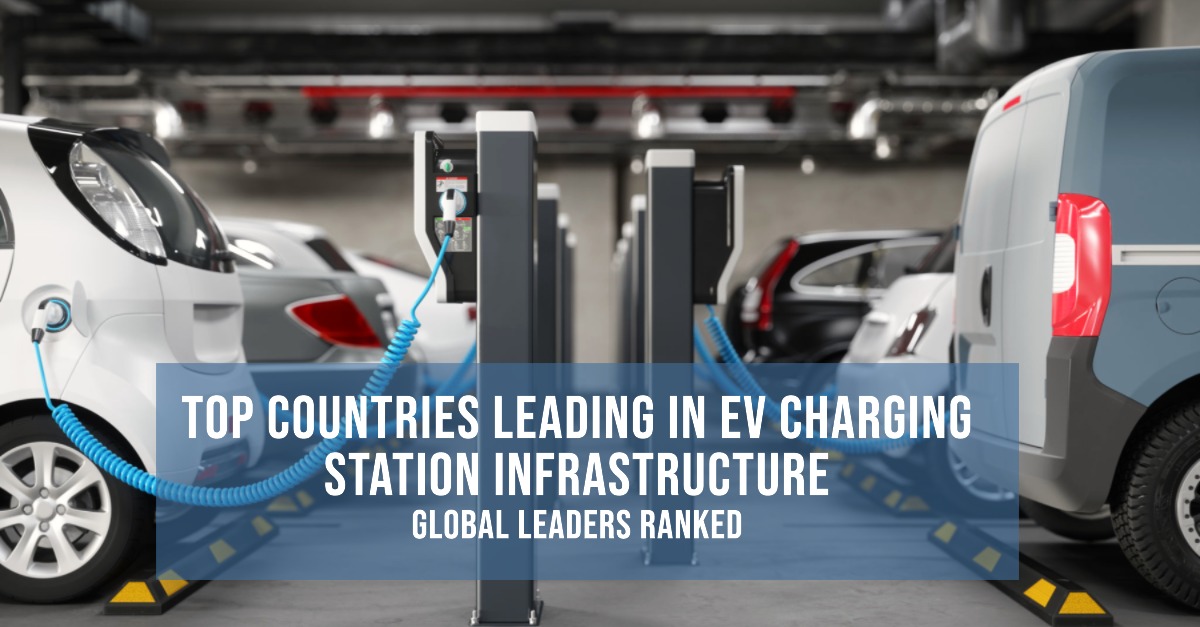
Electric Cars vs. Gas Cars: Everything You Need to Know
In the ever-changing automotive world it has become important for consumers to choose between electric and standard gas cars. As the automobile industry moves towards more sustainable models, it is important to understand the nuances and implications associated with these two types of vehicles. In this detailed article, we will compare electric vs gas cars to help you make an informed decision.
1. Introduction:
Electric automobiles are evolving as a viable alternative to traditional gas-powered vehicles, signaling a paradigm shift in the automotive industry. Growing awareness of environmental issues, as well as demand for sustainable transportation solutions, is driving this change. As we compare electric vs. gas automobiles, it’s important to understand the changing dynamics influencing our driving decisions.
2. Environmental Impact: Going Green with Electric Cars
Electric Cars:
- Reduced Emissions: Electric cars produce zero tailpipe emissions, contributing to cleaner air and a lower carbon footprint.
- Energy Source: The environmental impact depends on the energy sources used for electricity generation.
Gas Cars:
- Emissions Concerns: Gas cars release pollutants including carbon dioxide and nitrogen oxides, which contribute to air pollution and climate change.
- Dependence on Fossil Fuels: Because gas cars use fossil fuels, environmental concerns are heightened.
3. Cost Considerations: Upfront and Operational Expenses
Electric Cars:
- Upfront Costs: Electric cars may have higher upfront costs, but incentives and tax credits can offset expenses.
- Operational Costs: Charging an electric vehicle is generally cheaper than fueling a gas car, leading to potential long-term savings.
Gas Cars:
- Upfront Costs: Gas cars often have a lower initial price, but ongoing fuel costs can add up over time.
- Operational Costs: The price of gasoline and maintenance expenses contribute to the overall cost of ownership.
4. Charging Infrastructure: The Rise of Electric Charging Stations
Electric Cars:
- Charging Stations: The availability of charging stations is increasing, but it may still be a concern in some regions.
- Charging Time: Charging an electric car takes longer compared to refueling a gas car.
Gas Cars:
- Gas Stations: Gas stations are widely available, providing convenience for gas car owners.
- Refueling Time: Gas cars have the advantage of quick refueling, making them suitable for long-distance travel.
5. Performance and Driving Experience: Acceleration, Range, and More
Electric Cars:
- Acceleration: Electric cars often offer instant torque, providing quick acceleration.
- Range: The range of electric cars has been improving, but considerations of range anxiety still exist.
Gas Cars:
- Acceleration: Gas cars vary in acceleration, with some models offering comparable performance to electric counterparts.
- Range: Gas cars typically have a longer range, making them suitable for extended road trips.
6. Government Policies and Incentives: Driving the Transition
Electric Cars:
- Incentives: Governments worldwide offer incentives, including tax credits and rebates, to encourage electric vehicle adoption.
- Policy Support: Regulatory measures may favor electric cars, influencing consumer choices.
Gas Cars:
- Taxation: Gas cars may face higher taxes due to emissions concerns in some regions.
- Policy Challenges: The regulatory landscape may pose challenges for traditional gas cars.
7. Technology and Innovation: The Future of Automobiles
Electric Cars:
- Innovations: Electric automobiles like cars, electric bike and electric scooter lead in technological advancements, including autonomous features and smart integrations.
- Battery Technology: Ongoing advancements in battery technology contribute to improved performance and range.
Gas Cars:
- Technological Integration: Gas cars incorporate advanced features, but the focus is shifting towards hybrid and electric technologies.
- Adaptation: Traditional gas car manufacturers are adapting to incorporate sustainable practices.
8. Consumer Perspectives: The Shift in Preferences
Electric Cars:
- Environmental Consciousness: Consumers increasingly prioritize environmental considerations.
- Perceived Performance: Electric cars are gaining popularity for their perceived performance benefits.
Gas Cars:
- Familiarity: Gas cars remain popular due to their familiarity and established infrastructure.
- Perceived Reliability: Some consumers still perceive gas cars as more reliable for long-distance travel.
9. Resale Value: Long-Term Investment Considerations
Electric Cars:
- Depreciation: Electric cars may experience faster depreciation, influenced by rapid technological advancements.
- Market Trends: Resale value is influenced by market trends and consumer preferences.
Gas Cars:
- Stability: Gas cars may exhibit more stable resale values, but this can vary based on the model and market trends.
- Transition Challenges: The ongoing transition to electric vehicles may impact the resale value of traditional gas cars.
10. Conclusion: Making an Informed Decision
In the face of these considerations, the decision between electric and gas cars ultimately rests on individual priorities, lifestyle, and preferences. Whether you prioritize environmental sustainability, cost-efficiency, or the driving experience, understanding the nuances of each option is key to making an informed decision.
As we navigate the transition towards a more sustainable automotive future, the comparison between electric and gas cars will continue to evolve. Stay informed, consider your unique needs, and weigh the pros and cons to find the vehicle that aligns with your values and lifestyle.



